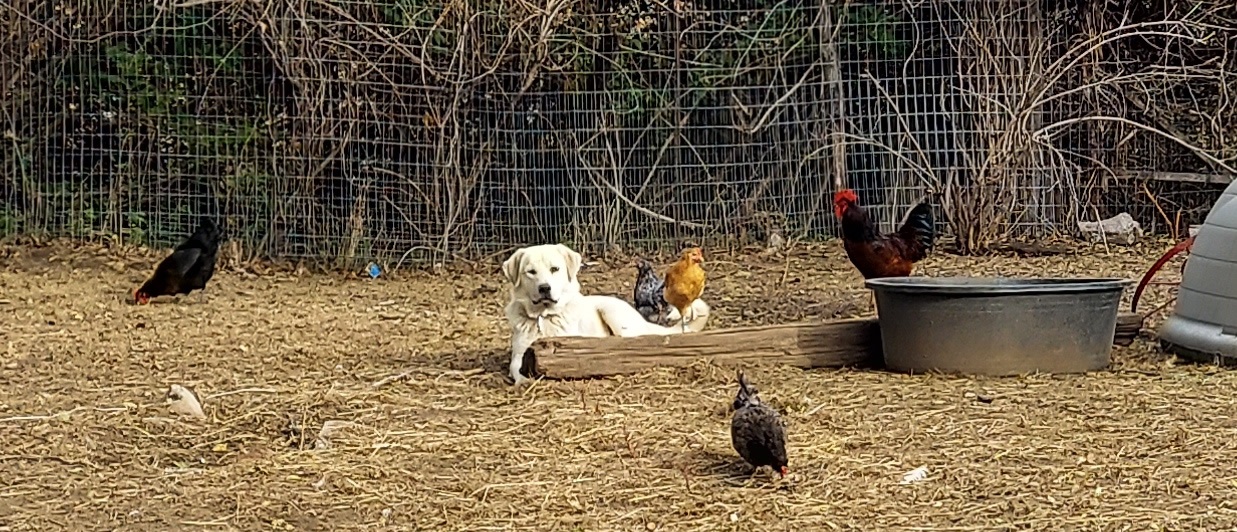
Livestock Guard Dogs (LGDs) have been used by farmers and herders for centuries to protect their animals from predators and other threats. With the increasing popularity of urban farming, these canine protectors are becoming more essential than ever. This blog post will discuss the importance of having a Livestock Guard Dog in both rural and urban farms to watch over your animals and ensure their safety.
- The Historical Importance of Livestock Guard Dogs
LGDs have a rich history, with their use dating back thousands of years. These dogs were bred to bond with livestock and protect them from predators such as wolves, coyotes, and even bears. Some well-known LGD breeds include the Great Pyrenees, Anatolian Shepherd, and Maremma Sheepdog. These breeds are known for their loyalty, intelligence, and ability to act independently when guarding livestock.
- Rural Farm Protection
In rural settings, the primary role of LGDs is to safeguard livestock from wild predators. These dogs are excellent at detecting potential threats and will act quickly to protect their charges. With their large size, physical strength, and intimidating presence, LGDs deter predators, significantly reducing the risk of livestock loss.
LGDs also provide a sense of security for farmers, as their presence and alertness can help prevent theft and trespassing on the property.
- Urban Farm Protection
As urban farming becomes more popular, small-scale farmers are discovering the benefits of having an LGD in their operation. In urban settings, LGDs protect livestock from potential dangers such as stray dogs, raccoons, and other wildlife that can pose a threat to farm animals.
Additionally, LGDs can help keep livestock calm in the bustling urban environment. Their presence can offer reassurance and security to animals that may be stressed by city noise and activity.
- Training and Socialization
Proper training and socialization are crucial for LGDs to perform their duties effectively. These dogs should be introduced to the animals they will be guarding at a young age, allowing them to bond with their charges and develop a strong protective instinct.
It’s also essential to socialize LGDs with humans, especially in urban settings. Since they will likely encounter neighbors and passersby, they should be friendly and non-aggressive towards people when not perceiving a threat.
- Choosing the Right LGD Breed for Your Farm
Each LGD breed has its characteristics, making some more suitable for certain farm types and environments. Before selecting an LGD breed, consider factors such as the size of your farm, the type of livestock you raise, and the climate of your region. Consult with other farmers or breeders to help determine the best fit for your farm.
- Balancing Farm Security and Community Relations
In both rural and urban settings, it’s essential to maintain a balance between farm security and good community relations. Proper training and socialization of your LGD will help prevent aggressive behavior towards non-threatening visitors. Additionally, make sure your farm is well-fenced and your LGD is always under control to minimize any potential conflicts with neighbors.
Livestock Guard Dogs play a vital role in ensuring the safety and well-being of farm animals in both rural and urban settings. Their protective instincts, intelligence, and loyalty make them invaluable assets to any farm operation. By selecting the right breed, providing proper training, and maintaining a balance between farm security and community relations, you can reap the benefits of having a dedicated guardian for your animals, giving you peace of mind and a sense of security for your valuable livestock.
